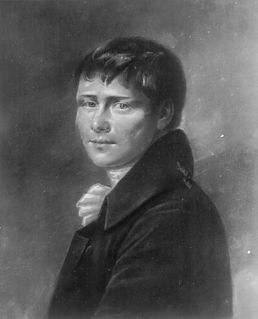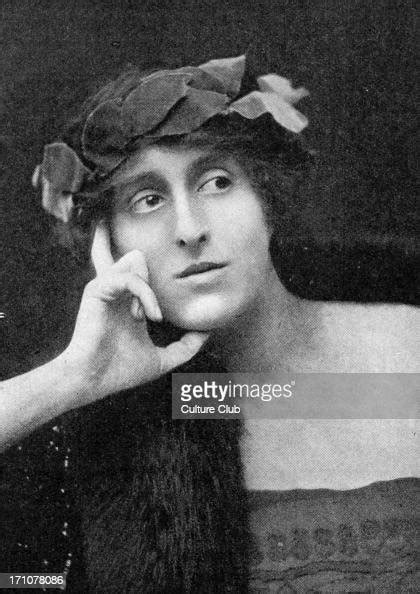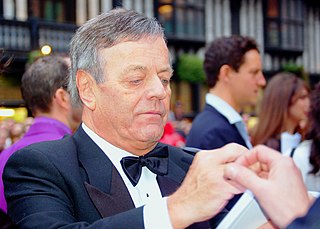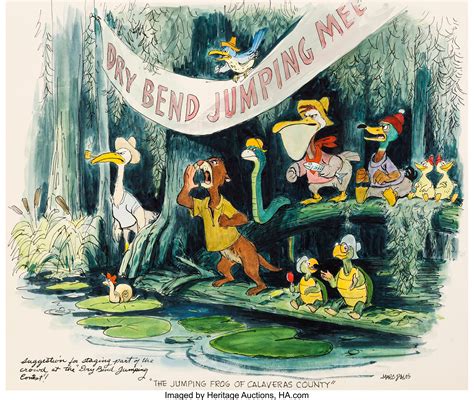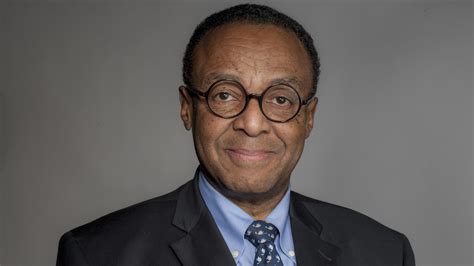A Quote by E. Howard Hunt
I had brought up from Chile a contract agent whose cover was that of a newspaper publisher in Santiago, a young, very talented man, named Dave Phillips, who later on carved quite a career for himself in the agency.
Related Quotes
In Santiago, the capital of the kingdom of Chile, at the moment of the great earthquake of 1647 in which many thousands lost their lives, a young Spaniard called Jeronimo Rugera was standing beside one of the pillars in the prison to which he had been committed on a criminal charge, and he was about to hang himself.
My father was a writer, so I grew up writing and reading and I was really encouraged by him. I had some sort of gift and when it came time to try to find a publisher I had a little bit of an "in" because I had his agent I could turn to, to at least read my initial offerings when I was about 20. But the only problem was that they were just awful, they were just terrible stories and my agent, who ended up being my agent, was very, very sweet about it, but it took about four years until I actually had something worth trying to sell.
I wanted an agent who would actually sell stuff. After two British agents failed comprehensively, I was reading Locus (the SF field's trade journal) and noticed a press release about an experienced editor leaving her job to join an agent in setting up a new agency. And I went "aha!" - because what you need is an agent who knows the industry but who doesn't have a huge list of famous clients whose needs will inevitably be put ahead of you. So I emailed her, and ... well, 11 years later I am the client listed at the top of her masthead!
I'm quite good at water skiing. Dave Clark, from the 1960s band Dave Clark Five, taught me how to water ski in Spain one year. I can do jumps too. I used to go to a club in Heathrow, but I don't do it any more, as it's given me a bad back. I was brought up in Poole, Dorset, so I've always loved watersports.
No publisher should ever express an opinion on the value of what he publishes. That is a matter entirely for the literary critic to decide. I can quite understand how any ordinary critic would be strongly prejudiced against a work that was accompanied by a premature and unnecessary panegyric from the publisher. A publisher is simply a useful middle-man. It is not for him to anticipate the verdict of criticism.
I will say that the difference was that when you're an Army journalist, as opposed to a civilian correspondent covering the military, you're very often either a public relations agent or expected to perform that role. I would say that one of the most unexpected benefits of that job was being taught to never try to cover anything up, but rather to get any bad information out right away, so that there would be nothing more to come out later. This was a wonderful lesson to be taught because often the effort to cover up a story becomes a bigger story than the original one.

